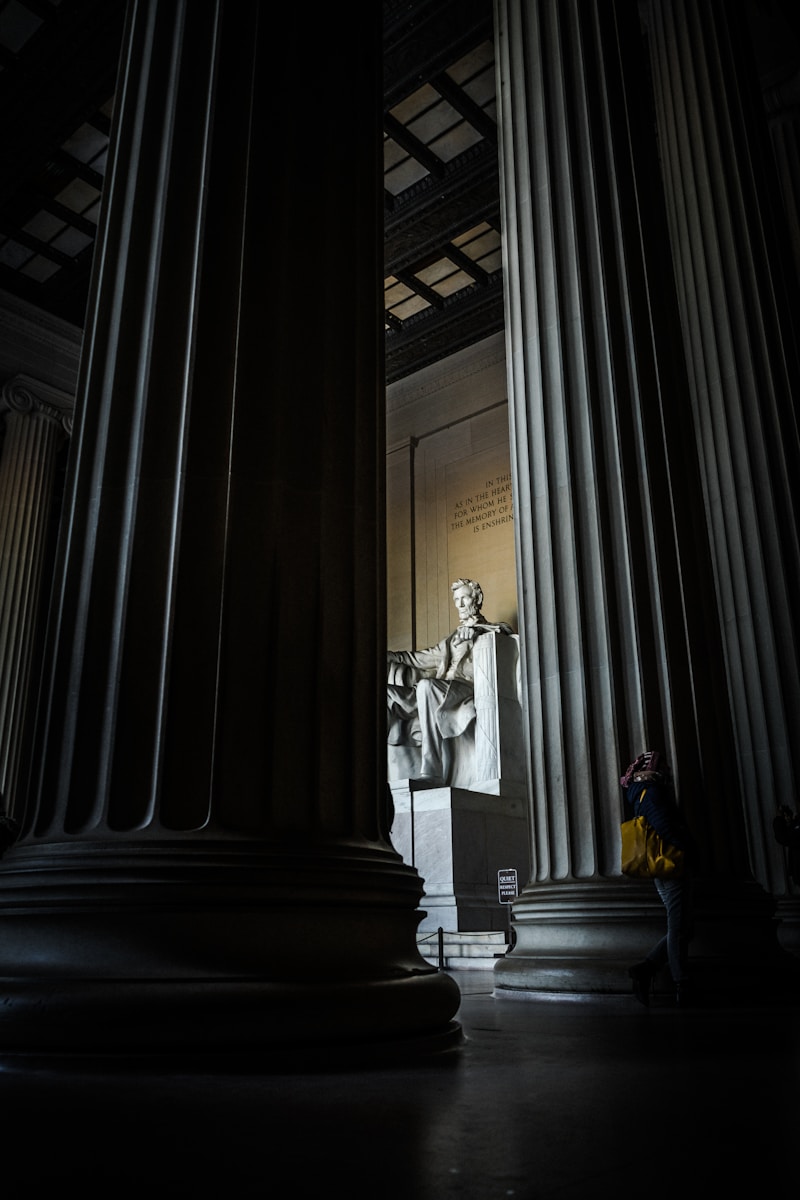Police Bribery Conviction: The Supreme Court’s recent decision to uphold the conviction of a former police officer for bribery highlights the judiciary’s firm stance against corruption within law enforcement agencies. This ruling not only reinforces the integrity of the justice system but also serves as a deterrent against unethical practices that undermine public trust.
Police Bribery Conviction:The Case Background and Legal Journey
The convicted officer was found guilty of accepting bribes in exchange for favorable treatment, a serious offense that compromised the principles of fairness and law enforcement ethics. The legal proceedings spanned several years, involving thorough investigations, trials, and appeals. The Supreme Court’s final verdict confirms that corruption will not be tolerated, regardless of an individual’s position or rank.
Police Bribery Conviction: Implications for Anti-Corruption Efforts
This landmark ruling sends a clear message to public officials and citizens alike: accountability is paramount. By upholding the conviction, the Supreme Court strengthens ongoing anti-corruption campaigns and encourages transparency within governmental and security institutions. It also boosts public confidence that justice prevails even in challenging cases.
Read the original announcement on the Financial Crimes Commission website.
Police Bribery Conviction: Strengthening Institutional Integrity
The Supreme Court’s decision underscores the necessity for law enforcement agencies to uphold the highest standards of integrity. Implementing strict internal controls and fostering a culture of transparency are essential steps to prevent corruption. This conviction serves as a reminder that breaches of trust within police forces will face legal consequences.
Moreover, this case has sparked discussions about the need for continuous training and ethics education for officers to reinforce their commitment to public service and ethical conduct.
Police Bribery Conviction: Impact on Public Trust and Community Relations
Corruption in law enforcement erodes the public’s trust, making it harder for police to effectively serve communities. By holding the former officer accountable, the judiciary helps restore faith in the system. This, in turn, strengthens cooperation between police and the public, essential for maintaining law and order.
Police Bribery Conviction: Future Directions in Combating Police Corruption
Moving forward, it is critical for governments and agencies to adopt comprehensive anti-corruption frameworks. These should include whistleblower protections, transparent reporting mechanisms, and independent oversight bodies. Collaborative efforts among civil society, the judiciary, and law enforcement are key to sustaining momentum against corruption.
Police Bribery Conviction: Legal Precedents and Strengthening Rule of Law
This Supreme Court ruling sets a significant legal precedent for future cases involving corruption within public institutions. It reinforces the principle that no one is above the law and that justice must be applied equally. Such decisions help solidify the rule of law and contribute to a more transparent governance system.
Encouraging Whistleblowing and Reporting
The conviction also highlights the importance of protecting whistleblowers and encouraging the reporting of unethical behavior. Creating safe channels for reporting misconduct can empower individuals to come forward without fear of retaliation, ultimately aiding in the fight against corruption.
Challenges in Prosecuting Police Corruption
Prosecuting corruption cases within the police force presents numerous challenges that complicate the pursuit of justice. One major obstacle is the difficulty in gathering concrete and credible evidence, as corrupt activities are often well concealed and involve intricate networks. Additionally, there can be institutional resistance from within law enforcement agencies, where a culture of silence or loyalty may deter witnesses from coming forward. These challenges require meticulous investigative efforts, cooperation among different authorities, and the protection of whistleblowers to ensure that cases are built on strong, irrefutable grounds. Overcoming these barriers is essential to maintain public confidence in the justice system and to demonstrate that no one is above the law.
The Role of Independent Oversight Bodies
Independent oversight bodies are fundamental in maintaining integrity and accountability within law enforcement. These agencies operate separately from police departments, providing impartial review and investigation of allegations related to bribery, misconduct, or abuse of power. By conducting thorough and unbiased assessments, oversight bodies help prevent conflicts of interest that might otherwise hinder internal investigations. Their role extends beyond investigation to include recommending disciplinary actions, policy reforms, and transparency measures. The presence of such independent entities reassures the public that complaints are taken seriously and addressed fairly, fostering greater trust between communities and law enforcement agencies.
Community Involvement in Fighting Corruption
Active community participation is a cornerstone in the ongoing effort to combat corruption within police forces. Awareness campaigns that educate citizens about their rights and the signs of corrupt behavior empower individuals to recognize and report wrongdoing. Moreover, community policing initiatives encourage collaboration between residents and law enforcement, creating open channels of communication and mutual respect. When communities feel engaged and heard, they are more likely to cooperate in investigations and support reforms. This partnership not only aids in detecting corrupt acts but also helps build a culture of transparency and accountability that deters future misconduct.
Legal Reforms to Strengthen Anti-Corruption Measures
Legal reforms continue to play a crucial role in enhancing the framework for tackling corruption effectively. Governments are focusing on tightening laws related to bribery and corruption, ensuring that penalties are sufficiently severe to deter potential offenders. These reforms also prioritize increasing transparency in law enforcement operations, such as mandating disclosure of assets and conflicts of interest. Streamlining investigative processes through clearer guidelines and better resource allocation helps speed up prosecutions without compromising due process. Importantly, newer laws are increasingly aimed at protecting whistleblowers by offering anonymity and safeguards against retaliation, encouraging more individuals to come forward with vital information. Together, these reforms work to create a robust system that discourages corruption and promotes justice.
Conclusion
The Supreme Court’s upholding of the conviction of the former police officer for bribery marks a vital victory in the battle against corruption. It demonstrates a strong commitment by the judiciary to uphold justice, reinforce institutional integrity, and rebuild public trust. Continued vigilance, legal reforms, and community engagement will be essential to ensure that corruption is consistently challenged and eradicated.
For further updates on legal rulings and governance, visit MauritiusBizMonitor’s governance section.




